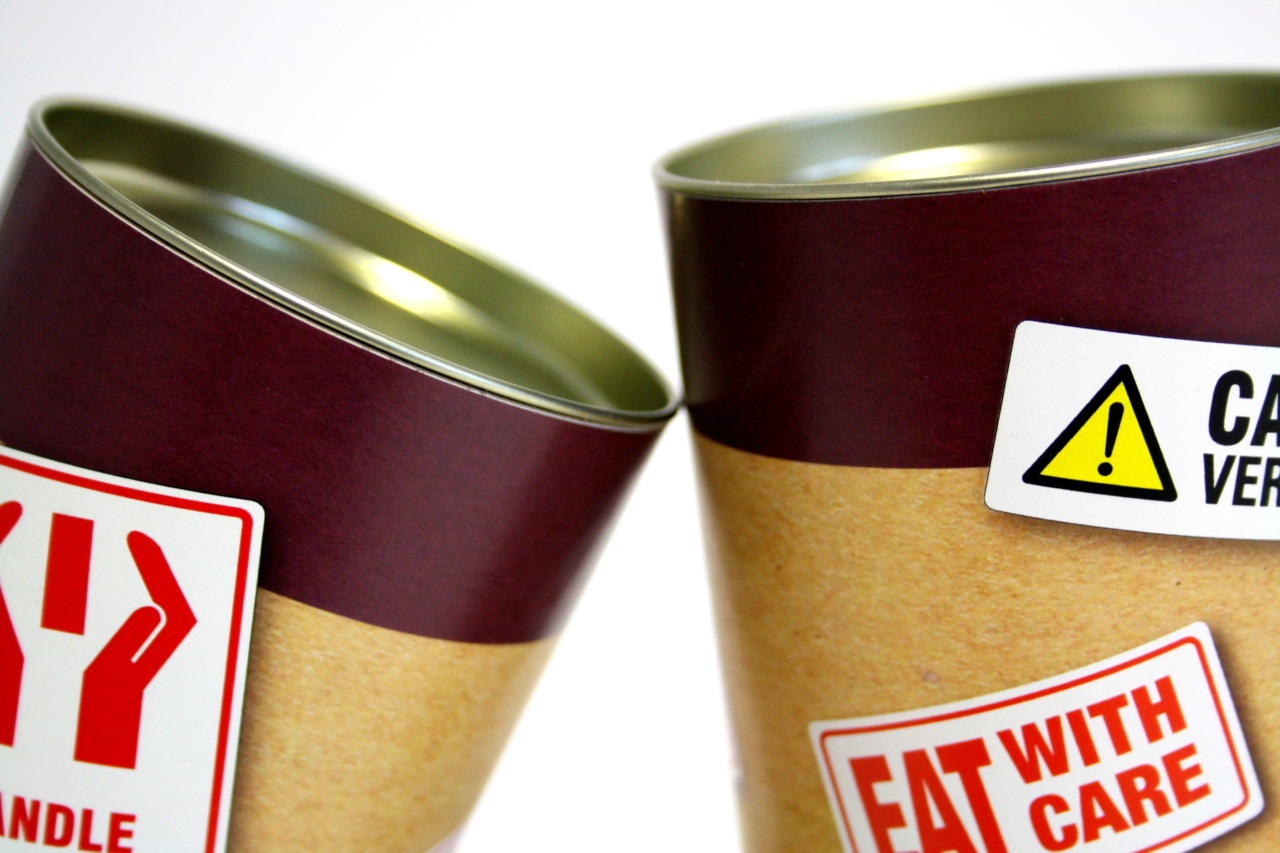Food allergies are becoming increasingly common, affecting millions of people worldwide. They occur when the immune system mistakenly identifies certain foods as harmful substances and launches an attack.
While some food allergies may cause mild symptoms, others can be life-threatening. It is crucial to be aware of the signs and symptoms of food allergies to ensure prompt diagnosis and treatment. Here, we will discuss five warning signs that you should keep a lookout for to identify and manage food allergies effectively.
1. Skin Reactions
One of the most noticeable signs of a food allergy is skin reactions. These may include hives, itching, redness, and swelling. Hives appear as raised, itchy, and red welts on the skin and can occur within minutes of consuming the allergen.
Swelling, also known as angioedema, may affect the lips, tongue, face, and throat. Persistent itching without any identifiable cause should also raise suspicion of a food allergy.
2. Gastrointestinal Issues
Food allergies can also affect the gastrointestinal system, leading to various symptoms. Some individuals may experience nausea, vomiting, abdominal pain, and diarrhea after consuming allergenic foods.
These symptoms may occur within minutes to a few hours after ingestion. Persistent gastrointestinal issues after eating specific foods may require a comprehensive evaluation to determine if food allergies are the underlying cause.
3. Respiratory Symptoms
Apart from skin and gastrointestinal manifestations, food allergies can also affect the respiratory system. Wheezing, coughing, shortness of breath, and tightness in the chest can all be signs of a food allergy.
Anaphylaxis is a severe and potentially life-threatening allergic reaction that can cause a sudden constriction of the airways, resulting in difficulty breathing. If you or someone you know experiences any respiratory symptoms after eating, it is important to seek immediate medical attention.
4. Cardiovascular Changes
In some cases, food allergies can cause cardiovascular changes. Rapid heartbeat, low blood pressure, fainting, and dizziness are possible signs of a severe allergic reaction. Anaphylaxis can also cause a drop in blood pressure, leading to shock.
These symptoms should never be ignored and require emergency medical attention.
5. Repeated or Chronic Symptoms
It is essential to recognize the pattern of symptoms associated with food allergies.
If you or someone you know experiences symptoms such as skin reactions, gastrointestinal issues, respiratory symptoms, or cardiovascular changes on multiple occasions after eating specific foods, it may indicate a food allergy. Repeated exposure to allergenic foods can also result in chronic symptoms like eczema, asthma, or digestive disorders.
It is important to note that these warning signs may vary from person to person. Some individuals may only experience mild symptoms, while others may have severe reactions.
Additionally, food allergies can develop at any age, even if you have consumed the food previously without any adverse effects.
If you suspect a food allergy, it is crucial to consult a healthcare professional who specializes in allergies and immunology.
They can conduct diagnostic tests, such as skin prick tests or blood tests, to identify allergens and develop a personalized management plan. The most effective way to manage food allergies is to avoid the specific foods that trigger the allergic reaction.
Furthermore, individuals with severe food allergies may need to carry an epinephrine auto-injector, which can be life-saving during an anaphylactic reaction.
Conclusion
Food allergies can cause a range of symptoms, including skin reactions, gastrointestinal issues, respiratory symptoms, cardiovascular changes, and chronic manifestations.
Recognizing these warning signs is essential for early diagnosis and appropriate management. If you or someone you know experiences any of these symptoms after consuming certain foods, it is important to seek medical attention and consider consulting an allergist.
By understanding the signs of food allergies, you can take the necessary precautions to prevent allergic reactions and ensure a safe and healthy life.































